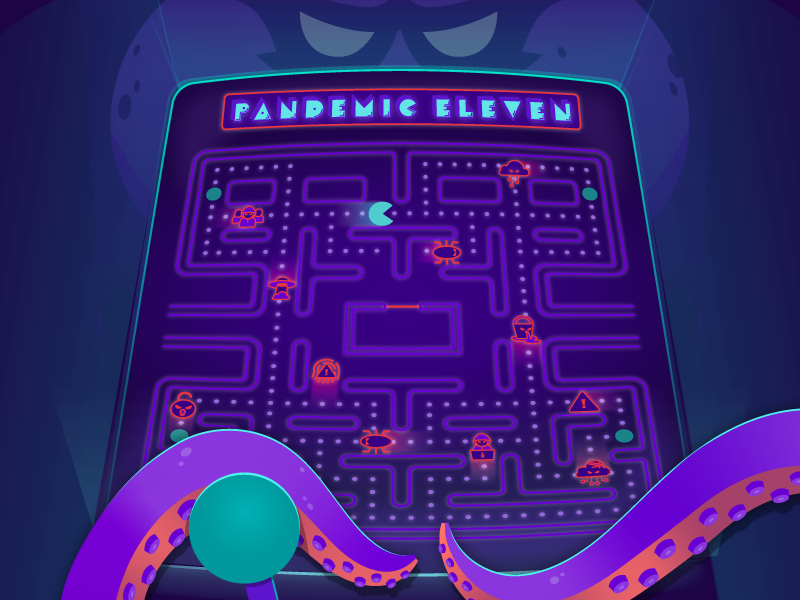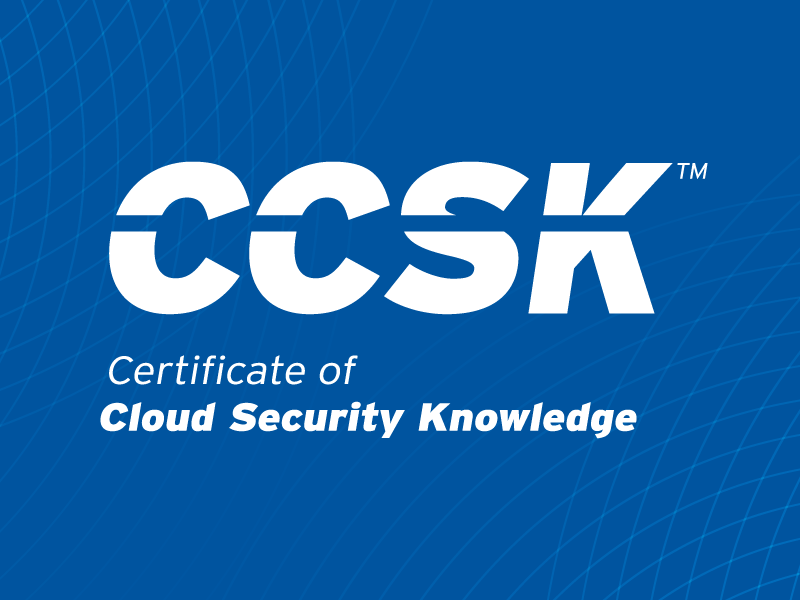News of Note: Finding Solutions to Cybersecurity Impacts
Published 11/03/2023
We’re hitting that time of year where many of us are finalizing or fine-tuning annual strategies. We’re in the midst of framing top goals, priorities, and needs within the context of the plentiful challenges that we’re facing.
As we despair over the number of lives lost and the unceasing destruction wrought in the Israel-Hamas War, the Ukraine-Russia War, and still other conflicts around the globe, we are also mindful of other effects of such extended battles. Uneasiness about additional and more sustained economic impacts persists. As well, many understand the likelihood of these conflicts leading to targeted cyber attacks on private companies and the critical infrastructures of allied countries.
The Israel-Hamas War is particularly worrisome for the cybersecurity community given that many Israeli firms play critical roles in our ecosystem. Start-ups and research and development divisions for many service providers are headquartered there and already we’ve seen many executives of these organizations volunteer for reserve duty. As the war progresses, funding delays will likely occur for some start-ups as well.
Indeed, uncertainty around current economic conditions has many executives watching budgets and expecting to pursue limits on spending going into 2024. The question of layoffs also remains on the minds of many professionals.
Regarding other attack trends and how organizational leaders are looking to address them, artificial intelligence (AI) is top of mind. Most companies are testing or even fully implementing its use within their organizations as they hunt for more efficient, effective, and exacting operations. Malicious actors, meanwhile, are finding ways to use AI to automate various stages of different types of attacks. As the most significant technological advancement we’ll see in our lifetimes, AI is clearly a tool we all must learn how to utilize advantageously.
As CxOs look at the likelihood of increasing numbers of state-sponsored attacks, threats to their supply chains, the possibility of rising hits to IoT-enabled and connected devices, and more, adopting a cyber resilience posture will be key. Far from a new concept, the idea of swiftly recovering from a cyber attack or maintaining uninterrupted business activities while experiencing an attack is what cyber resilience is all about.
In order to achieve such a stance, executive leaders and CISOs understand that Zero Trust principles will be key to achieving a cyber resilience strategy. Education about these will be critical, which is why CSA is formally releasing its Certificate of Competence in Zero Trust (CCZT) in November.
We already have released some ZT-related training sessions and will be bundling these alongside a few others that have not yet been released. You’ll be able to learn more about the CCZT and hear from experts about achieving a Zero Trust strategy during our virtual Zero Trust Summit happening November 15-16.
Of course, CSA has more coming to support CxOs on their cybersecurity journeys, so stay tuned for these announcements.
Unlock Cloud Security Insights
Subscribe to our newsletter for the latest expert trends and updates
Related Articles:
Zero Trust for Agentic Pipelines That Touch Cloud Production
Published: 02/27/2026
Core Collapse
Published: 02/26/2026
Agentic AI and the New Reality of Financial Security
Published: 02/26/2026
AI Security: When Authorization Outlives Intent
Published: 02/25/2026





.png)
.jpeg)
.jpeg)

